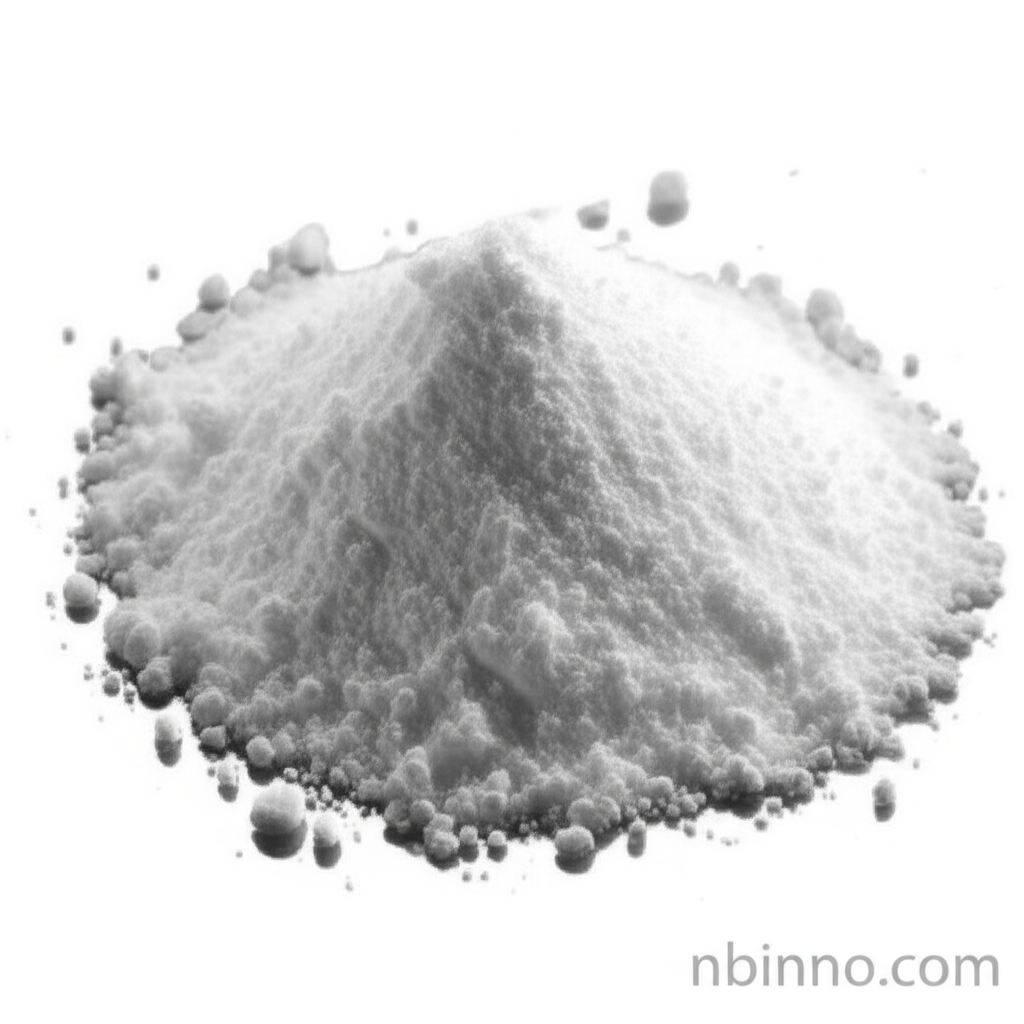Streptomycin Sulfate: A Comprehensive Guide
Explore the multifaceted applications and scientific insights of Streptomycin Sulfate, a vital antibiotic and research tool.
Get a Quote & SampleProduct Core Value

Streptomycin Sulfate
Streptomycin sulfate is a potent aminoglycoside antibiotic recognized for its critical role in combating severe bacterial infections, most notably tuberculosis. Its efficacy stems from its unique mechanism of inhibiting bacterial protein synthesis by targeting the 30S ribosomal subunit. This disruption leads to misreading of the genetic code, ultimately causing bacterial cell death. Beyond its direct therapeutic applications, streptomycin sulfate finds significant utility in laboratory settings for cell culture to prevent contamination and in protein purification processes.
- Discover the primary streptomycin sulfate uses in treating serious bacterial infections like tuberculosis and plague.
- Understand the intricate streptomycin mechanism of action involving protein synthesis inhibition and ribosomal subunit binding.
- Learn about potential streptomycin side effects including ototoxicity and nephrotoxicity, and the importance of proper dosage monitoring.
- Explore the diverse applications of streptomycin sulfate, from its role as a pesticide in agriculture to its use as a crucial agent in cell culture and protein purification.
Key Advantages
Broad-Spectrum Efficacy
Streptomycin sulfate exhibits broad-spectrum activity against a range of Gram-negative and Gram-positive bacteria, as well as mycobacteria, making it a versatile agent for combating various infections and a valuable tool for bacterial infection management.
Mechanism of Action
Its targeted inhibition of bacterial protein synthesis provides a clear pathway for drug development and understanding antimicrobial resistance studies, offering insights into novel therapeutic strategies.
Laboratory Applications
As a key component in cell culture media supplements, streptomycin sulfate plays a vital role in preventing microbial contamination, ensuring the integrity of research experiments and the production of biologicals.
Key Applications
Medical Treatment
Streptomycin sulfate is a cornerstone in the treatment of tuberculosis and other severe bacterial infections, crucial for tuberculosis treatment and public health.
Agricultural Use
Utilized as a pesticide, it helps control bacterial diseases in crops, protecting agricultural yields and contributing to food security.
Research and Development
In scientific research, it serves as a vital agent in preventing bacterial contamination in cell cultures, supporting advancements in pharmaceutical research chemicals.
Biotechnology
Its application extends to protein purification, aiding in the isolation and study of biomolecules, essential for biotechnological innovation.
